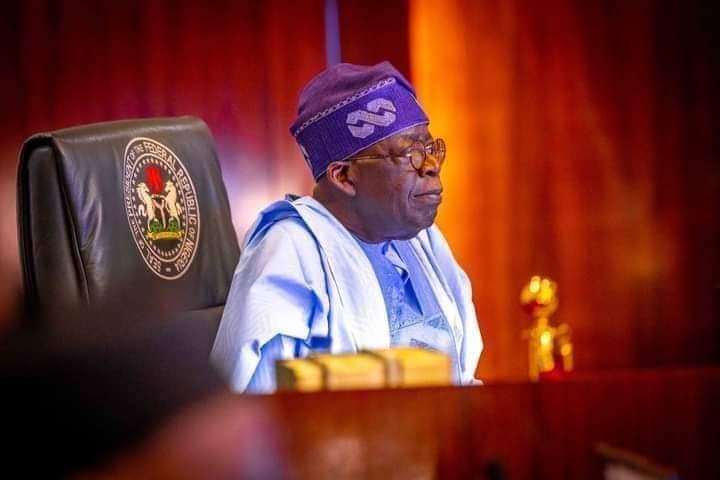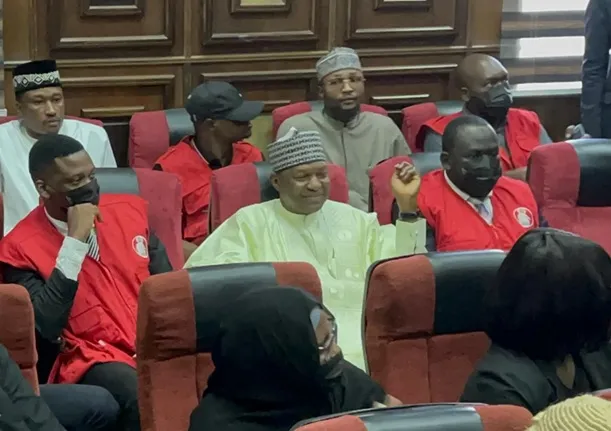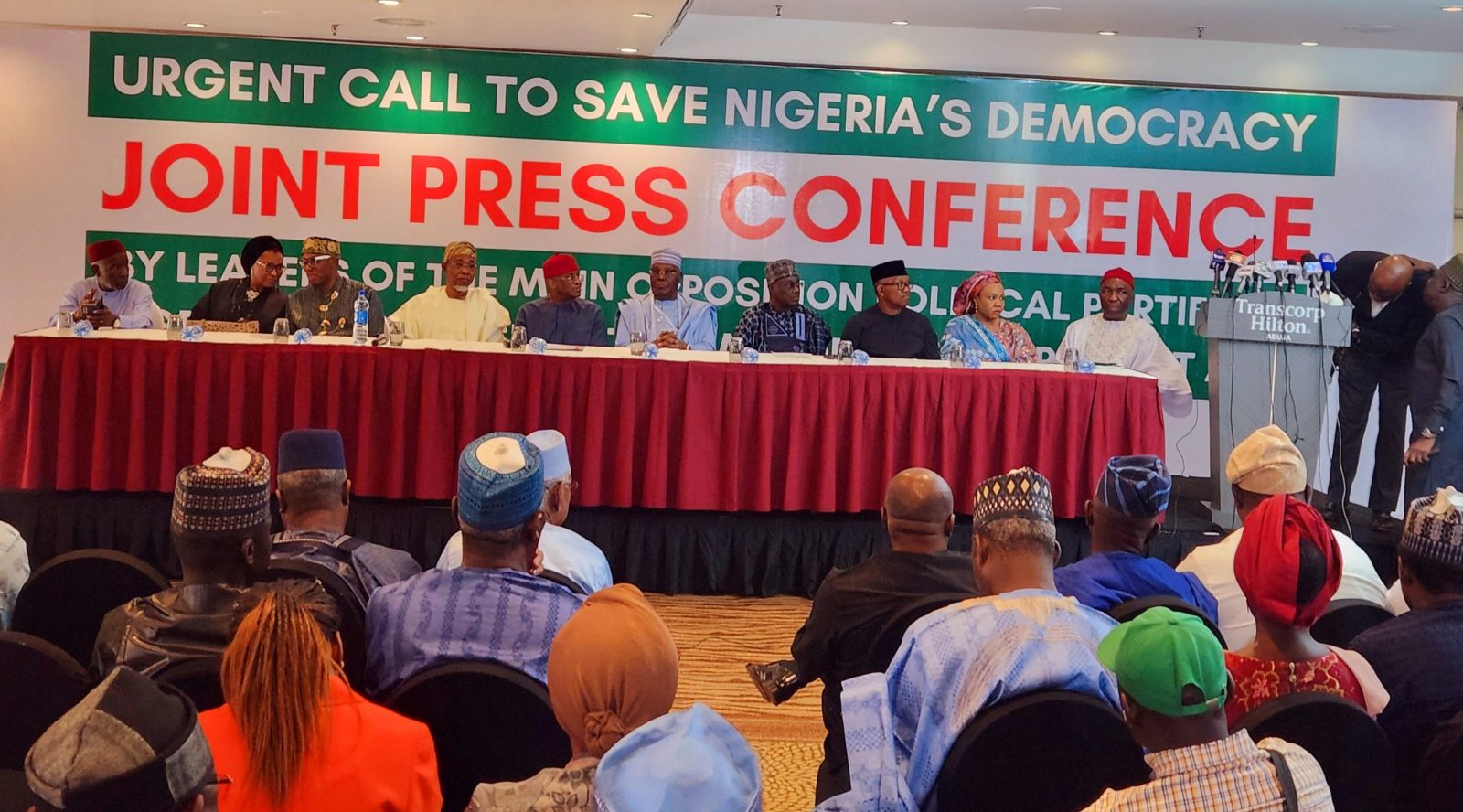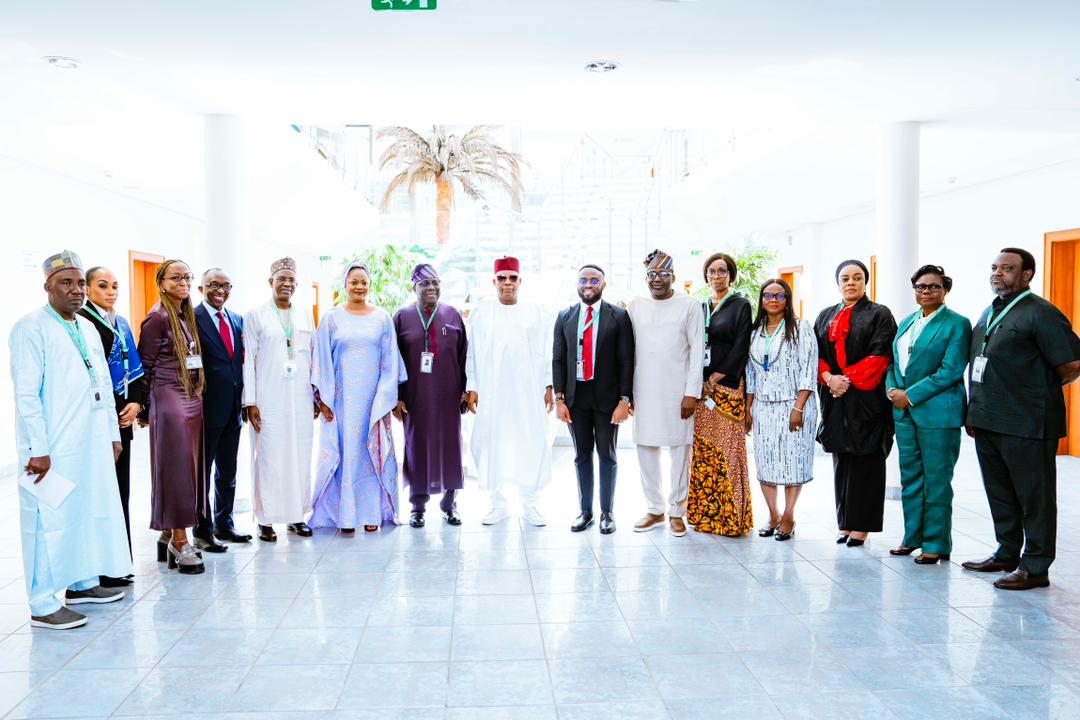Determined to end incessant power outages in the country, President Bola Tinubu has approved the gradual payments of N3.3 trillion to defray the power sector debts.
The Federal Government will pay the N1.3 trillion it owes power-generating companies through cash injections and promissory notes, while it will pay the gas companies about $1.3 billion (N1.994 trillion at the current official closing rate) through cash and future royalties.
Chief Adebayo Adelabu, the Minister of Power, made this revelation on Thursday at the 8th Africa Energy Marketplace in Abuja, saying the Federal Government has commenced payment of the cash part of the N1.3tn debt owed Gencos and concluded plans to settle the second part via promissory notes within a timeframe ranging from two to five years.
The theme of the event is “Towards Nigeria’s Sustainable Energy Future: Policy, Regulation, and Investment—A Policy Dialogue for the National Integrated Electricity Policy and Strategic Implementation Plan.”
The government subsidizes electricity by covering the gas payment component of power generation.
The payment has not been consistent, resulting in massive gas debts and indebtedness to power generation companies.
Adelabu said Tinubu had directed the Minister of Finance to make an immediate payment of N130bn from the Gas Stabilisation Fund, which is part of the N1.3 trillion owed to Gencos. The rest will be spread over time.
The power minister went on to explain that future royalties and income streams in the gas sub-sector would fund the $1.3 billion in legacy debts owed to gas producers, a solution that the gas-supplying companies found satisfactory.
“It is true that I mentioned that Mr. President has approved the submission of the Hon. Minister of State Petroleum (Gas) to defray the outstanding debts owed to the gas supplying companies to the power sector operators.
“The payments will be in parts. We have the legacy debt, and we have the current debt. For the current debt, approval has been given for a cash payment of about N130bn from the Gas Stabilisation Fund, which the Federal Ministry of Finance will pay, if not already paid.
“The payment for the legacy debts is going to be made from future royalties and streams of income in the gas sub-sector, which is quite satisfactory to the gas supply companies.
“The last amount that was being quoted was $1.3 billion, which we believe will go a long way to encourage these gas companies to enter into firm supply contracts with the power-generating companies,”the minister said.
Adelabu added: “The situation we are in now is on a best endeavor model, which means there is no firm contract between the gas companies and the majority of the power-generating companies. The day they can supply gas, they will the day they cannot supply gas, there is no penalty.
“But once there is a firm contract, they will be under contractual obligations to supply gas to these power-generating companies so that we can have consistent power generation.
“So, that is the situation and the model we want to adopt for the gas segment of the power sector value chain.”
Adelabu expressed concerns about a lack of policy coordination in the power sector but assured the sector that the current administration was committed to eliminating all industry bottlenecks.
The minister also defended the Band A tariff hike, saying that it only affects 15% of Nigerians.
He asserted that the current administration’s power reform agenda might not succeed without proper billing.
“With the generation of 700 MW from the Zungeru hydroelectric power plant, the Nigerian electricity supply industry has recorded a new feat of 5,000 MW, he disclosed.
He said the president had approved cash injections and promissory notes for power-generating companies, providing significant encouragement and incentivizing them to further invest in generation capacity.
“For the power-generating companies, the debt is put at N1.3tn. I can also tell you that we have the consent of Mr. President to pay on the condition of settling the reconciliation of these debts between the government and the power-generating companies.
“And this we have successfully done, and it is being signed off by both parties now. The majority have signed off, and we are engaging others to ensure we have a 100 percent sign-off from the power-generating companies. And the modalities for paying this will be in two ways. Of course, there will be a cash injection, immediate cash injection.
“Government is not buoyant enough to pay down N1.3 trillion once and for all in terms of cash. But there is a fraction of it that will be paid in cash, while the remaining fraction will be settled through a guaranteed debt instrument, preferably a promissory note.
“That is more like a comfort to these companies that in the next two, three, or five years, the government is ready to defray this debt finally.
“This will go a long way to encourage the power-generating companies to incentivize them to even invest more in a generation so that you can know our generating output from the level it is now to a higher level because, as I mentioned, there is an opportunity for demand locally and across the border. And that is a source of foreign exchange earnings for the country.”
Adelabu, who said the supply of electricity had increased due to the implementation of the Electricity Act 2023 and the Band A tariff, added that the Discos were requesting more load for onward distribution to their customers.
Persecondnews recalls that in February, the minister said that Nigeria must begin to move towards a cost-effective tariff model, as he revealed that the country was indebted to the tune of N1.3tn to electricity generating companies, while the debt to gas companies was $1.3bn at the time.
On March 1, 2024, the Federal Government paid $120 million out of the $1.3 billion debt to gas companies for the supply of gas to run gas-fired power plants across the country.






















Leave a comment